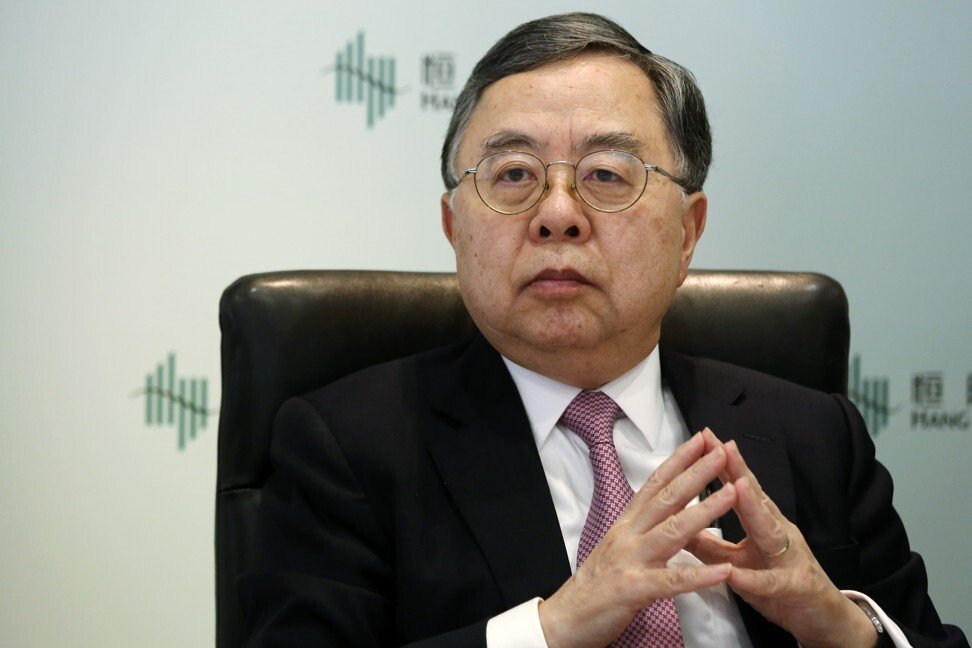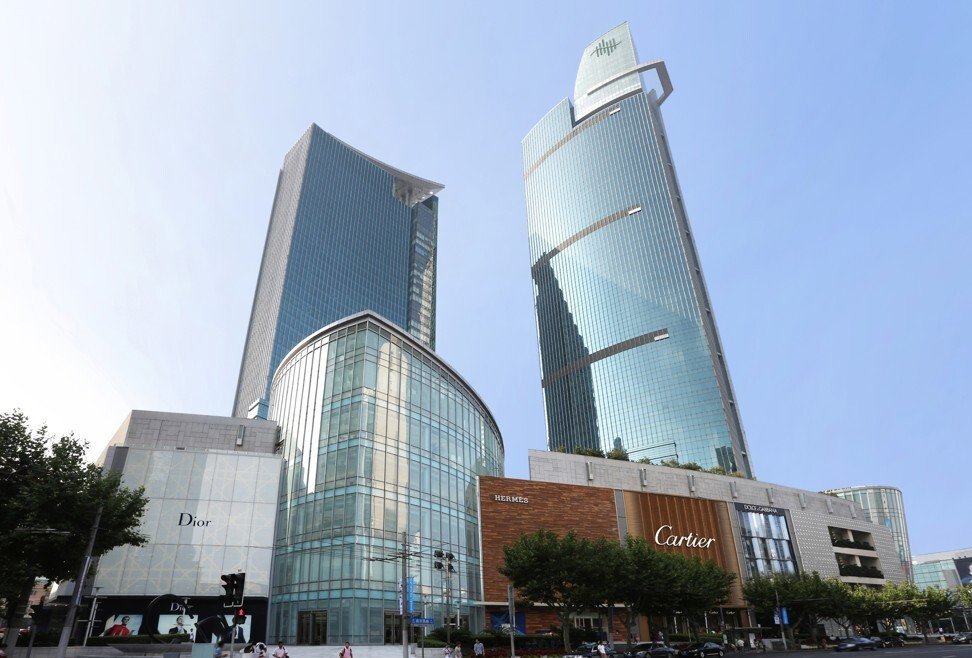
China thwarts US sale of multimillion-dollar real estate in Hong Kong
One of Hong Kong’s biggest real estate transactions of 2020 has been caught in the crossfire of souring US-China diplomatic relations, as the United States consulate failed to get its sale of luxury villas on The Peak recognised by the city’s Land Registry.
The HK$2.6 billion (US$330 million) sale on September 10 of six multi-storey villas at 37 Shouson Hill Road could not be registered by Hong Kong’s Land Registry because of “diplomatic obligations” imposed by the Chinese government on the US consulate, buyer Hang Lung Properties said in an exchange filing on Wednesday. Hang Lung bought it for a 20 per cent discount to the valuation.
The developer said it was informed by the Land Registry on December 21 that the US consulate is not a commercial entity, and the Shouson Hill villas are not an ordinary real estate property. The transaction involved foreign affairs between China and the US and should not be regarded as an ordinary commercial activity, it added.
The US government must submit a written application to the Chinese government via the Office of the Commissioner of the Ministry of Foreign Affairs of China in the city with at least 60 days’ notice, Hang Lung said, citing an advisory from the Chinese government to the local authority.

“There is a possibility that the transaction will be dropped,” said Vincent Cheung, managing director at Vincorn Consulting and Appraisal in Hong Kong. “The letter made it rather clear that the deal is not just a property transaction, but carries a political meaning. Whether it can move forward only depends on the relationship between US and China. If the Chinese government gives its approval, it would represent a gesture of goodwill.”
The snag was “exceptional” and was not made known to, or anticipated by, by either Hang Lung or the tenderer of the property at the time of the sale, Hang Lung said. Still, Hang Lung said that it is “willing and able to proceed” with the deal after “careful consideration,” if the US can comply with the diplomatic obligations.

The Chinese government weighed in on Wednesday afternoon. “US embassies must apply to buy, sell real estate,” said foreign ministry spokesman Wang Wenbin during a regular press briefing in Beijing.
Hang Lung’s investors appear to have been lukewarm about the developer’s purchase. Shares of the company have fallen 2.4 per cent since Hang Lung won the tender on September 9, underperforming the 10.3 per cent gain in the benchmark Hang Seng Index. The stock rose by 2.1 per cent to HK$20.15 after today’s statement, the highest in more than a month, and reversing its earlier decline.
Such a setback is “unprecedented, and much should have been done prior to the sale,” said Polly Chu, partner at the law firm Withers in Hong Kong. The buyer should consider seriously whether to buy, or request to revise the tender terms to extend the completion date, with the right to termination if written consent is not obtained, she said
The US consulate said it complied with the relevant obligations and requirements, while arguing that “diplomatic obligations applicable to the sale of the property are matters between sovereignties and would not affect title of the property,” Hang Lung said, citing a letter yesterday by the US representative office.

The developer and the tenderer are “evaluating and taking legal advice” on appropriate actions, “including exploring the feasibility of extending the time” for completing the deal, Hang Lung said.
“Additional time is needed for the buyer and seller to complete the administrative processes required for closing on the property,” said a spokesperson at the US consulate’s office in Hong Kong, declining to say whether a written application had been sent to the Chinese government for the sale.
Hang Lung’s chairman, the billionaire Ronnie Chan Chi-chung, is a frequent interlocutor on China-related affairs, and does not shy from having verbal jousts with journalists on political issues including Hong Kong’s year-long anti-government protests and the national security law enacted by the Chinese legislature for Hong Kong.
Born in 1949, Chan is also chairman of the board of trustees of the Asia Society in Hong Kong, a non-profit organisation founded in 1956 by John D. Rockefeller III, with the mission of educating the world about Asia.
Hang Lung has been investing in China since the 1990s, starting with its landmark Plaza 66 and Grand Gateway 66 projects in Shanghai. It has been expanding its presence in secondary cities such as Shenyang, Jinan, Wuxi, Tianjin, Dalian, Kunming, Wuhan and Hangzhou with projects under the “66” brand. The company achieved HK$4.54 billion revenue from property leasing in China, accounting for 53 per cent of the company’s 2019 total revenue.
The US government bought the land at 37 Shouson Hill Road in June 1948 for an unknown price when Hong Kong was still a British colony, according to public records at the Land Registry. Construction on the site was completed in 1983.
Hang Lung, which mainly develops shopping centres and offices, said it will redevelop the Shouson Hill Road site into multiple luxury detached houses by 2024, with plans to invest HK$4 billion in the project.
Details of the tender came to light on May 30 hours after US President Donald Trump announced that he would revoke Hong Kong’s special customs status, in response to the Chinese legislature’s announcement introducing the national security law for the city.
“It’s more about the Chinese government trying to impose hurdles for the US in selling the property,” said Kevin Tsui, associate professor in the John E. Walker department of economics at Clemson University in South Carolina, adding that the latest snag is a watered down version of freezing US assets in Hong Kong. “Perhaps [the Chinese government] sees it as a test of the new [Biden] administration,” using it as a bargaining chip, he said.
The asset sale has to “wait until Biden becomes president and [the US and China]] start their negotiation,” Tsui said, and the saga will last until “their relationship becomes better. The US can still use the asset, but they are not allowed to sell it,” he added.










